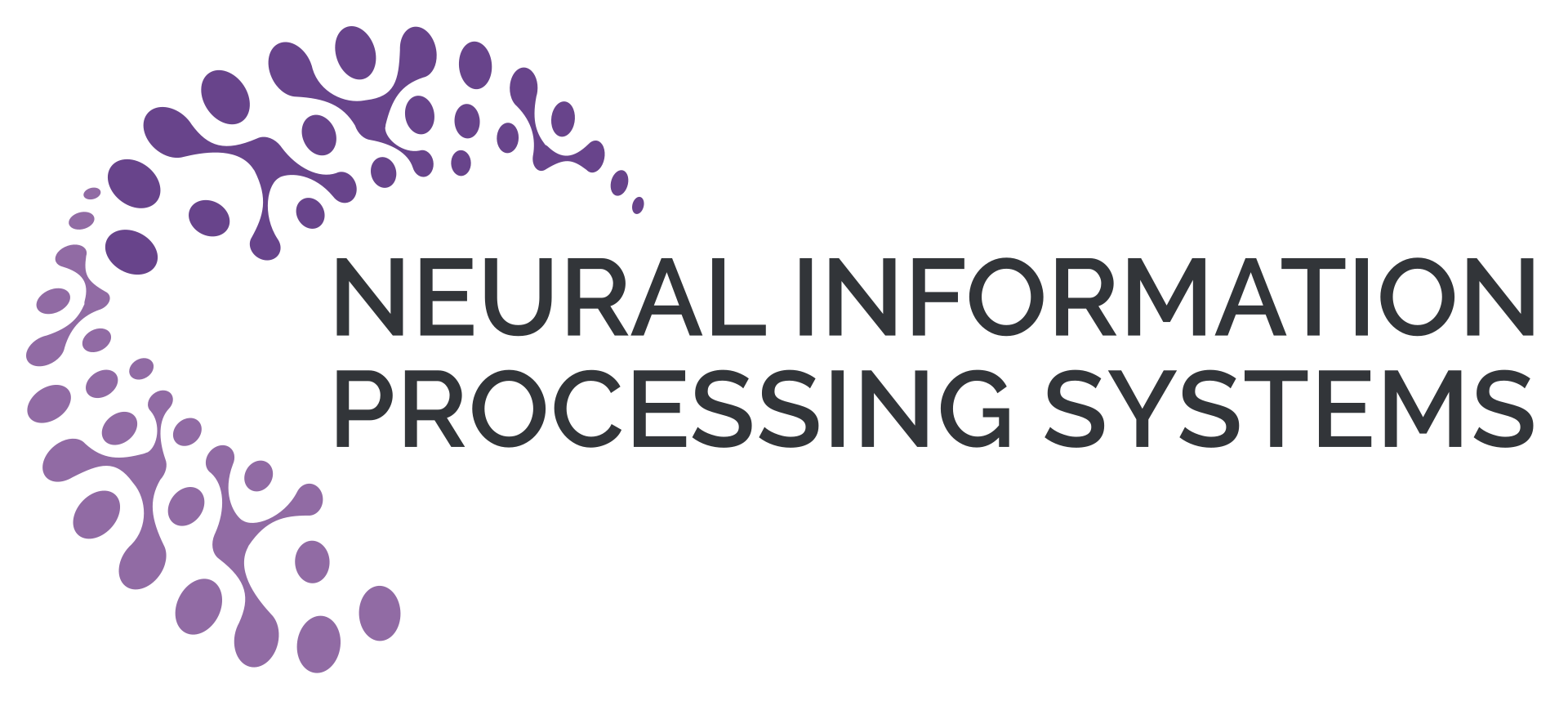04.10.2022
28 papers at NeurIPS 2022 accepted
At this year's NeurIPS conference, 28 papers were accepted from researchers in our Cluster.
The 36th Conference on Neural Information Processing Systems (NeurIPS) is held as hybrid event at the New Orleans Convention Center in the Unites States as well as virtually from Nov 28 - Dec 9, 2022. NeurIPS is the biggest conference on machine learning and computational neuroscience. The purpose of the annual meetings is to foster the exchange of research on neural information processing systems in their biological, technological, mathematical, and theoretical aspects. The core focus is peer-reviewed novel research which is presented and discussed in the general session, along with invited talks by leaders in their field.
This year our Cluster is represented with 28 papers at NeurIPS.
List of titles of the papers by our members (check out the rest of the accepted papers here):
- Relational Proxies: Emergent Relationships as Fine-Grained Discriminators
Abhra Chaudhuri · Anjan Dutta · Massimiliano Mancini · Zeynep Akata - Efficient identification of informative features in simulation-based inference
Jonas Beck · Michael Deistler · Yves Bernaerts · Jakob H Macke · Philipp Berens - A Causal Analysis of Harm
Sander Beckers · Hana Chockler · Joseph Halpern - Embrace the Gap: VAEs Perform Independent Mechanism Analysis
Patrik Reizinger · Luigi Gresele · Jack Brady · Julius von Kügelgen · Dominik Zietlow · Bernhard Schölkopf · Georg Martius · Wieland Brendel · Michel Besserve - VoxGRAF: Fast 3D-Aware Image Synthesis with Sparse Voxel Grids
Katja Schwarz · Axel Sauer · Michael Niemeyer · Yiyi Liao · Andreas Geiger - MonoSDF: Exploring Monocular Geometric Cues for Neural Implicit Surface Reconstruction
Zehao Yu · Songyou Peng · Michael Niemeyer · Torsten Sattler · Andreas Geiger - Performative Power
Moritz Hardt · Meena Jagadeesan · Celestine Mendler-Dünner - Provably Adversarially Robust Detection of Out-of-Distribution Data (Almost) for Free
Alexander Meinke · Julian Bitterwolf · Matthias Hein - Diffusion Visual Counterfactual Explanations
Maximilian Augustin · Valentyn Boreiko · Francesco Croce · Matthias Hein - SAMURAI: Shape And Material from Unconstrained Real-world Arbitrary Image collections
Mark Boss · Andreas Engelhardt · Abhishek Kar · Yuanzhen Li · Deqing Sun · Jonathan Barron · Hendrik PA Lensch · Varun Jampani - Interpolation and Regularization for Causal Learning
Leena Chennuru Vankadara · Luca Rendsburg · Ulrike Luxburg · Debarghya Ghoshdastidar - Truncated proposals for scalable and hassle-free simulation-based inference
Michael Deistler · Pedro Goncalves · Jakob H Macke - Curious Exploration via Structured World Models Yields Zero-Shot Object Manipulation
Cansu Sancaktar · Sebastian Blaes · Georg Martius - Interventions, Where and How? Bayesian Active Causal Discovery at Scale
Panagiotis Tigas · Yashas Annadani · Andrew Jesson · Bernhard Schölkopf · Yarin Gal · Stefan Bauer - Rule-Based but Flexible? Evaluating and Improving Language Models as Accounts of Human Moral Judgment
Zhijing Jin · Sydney Levine · Fernando Gonzalez Adauto · Ojasv Kamal · Maarten Sap · Mrinmaya Sachan · Rada Mihalcea · Josh Tenenbaum · Bernhard Schölkopf - Neural Attentive Circuits
Martin Weiss · Nasim Rahaman · Francesco Locatello · Chris Pal · Yoshua Bengio · Bernhard Schölkopf · Li Erran Li · Nicolas Ballas - Exploring the Latent Space of Autoencoders with Interventional Assays
Felix Leeb · Stefan Bauer · Michel Besserve · Bernhard Schölkopf - Amortized Inference for Causal Structure Learning
Lars Lorch · Scott Sussex · Jonas Rothfuss · Andreas Krause · Bernhard Schölkopf - Assaying Out-Of-Distribution Generalization in Transfer Learning
Florian Wenzel · Andrea Dittadi · Peter Gehler · Carl-Johann Simon-Gabriel · Max Horn · Dominik Zietlow · David Kernert · Chris Russell · Thomas Brox · Bernt Schiele · Bernhard Schölkopf · Francesco Locatello - Probable Domain Generalization via Quantile Risk Minimization
Cian Eastwood · Alexander Robey · Shashank Singh · Julius von Kügelgen · Hamed Hassani · George J. Pappas · Bernhard Schölkopf - Function Classes for Identifiable Nonlinear Independent Component Analysis
Simon Buchholz · Michel Besserve · Bernhard Schölkopf - AutoML Two-Sample Test
Jonas Kübler · Vincent Stimper · Simon Buchholz · Krikamol Muandet · Bernhard Schölkopf - Sampling without Replacement Leads to Faster Rates in Finite-Sum Minimax Optimization
Aniket Das · Bernhard Schölkopf · Michael Muehlebach - Causal Discovery in Heterogeneous Environments Under the Sparse Mechanism Shift Hypothesis
Ronan Perry · Julius von Kügelgen · Bernhard Schölkopf - Direct Advantage Estimation
Hsiao-Ru Pan · Nico Gürtler · Alexander Neitz · Bernhard Schölkopf - Learning Structure from the Ground up---Hierarchical Representation Learning by Chunking
Shuchen Wu · Noemi Elteto · Ishita Dasgupta · Eric Schulz - Exploration With a Finite Brain
Marcel Binz · Eric Schulz - Learning interacting dynamical systems with latent Gaussian process ODEs
Cagatay Yildiz · Melih Kandemir · Barbara Rakitsch

